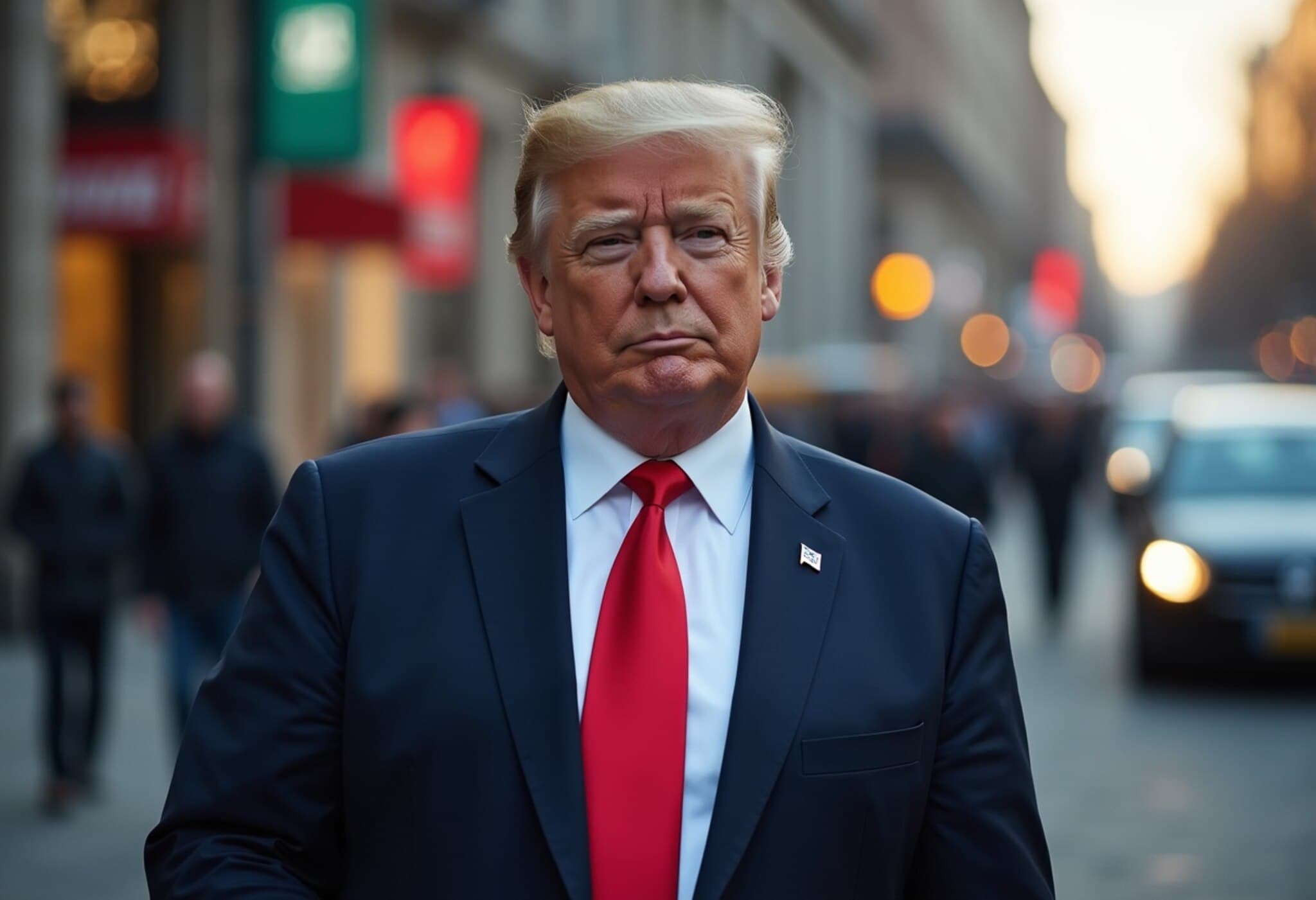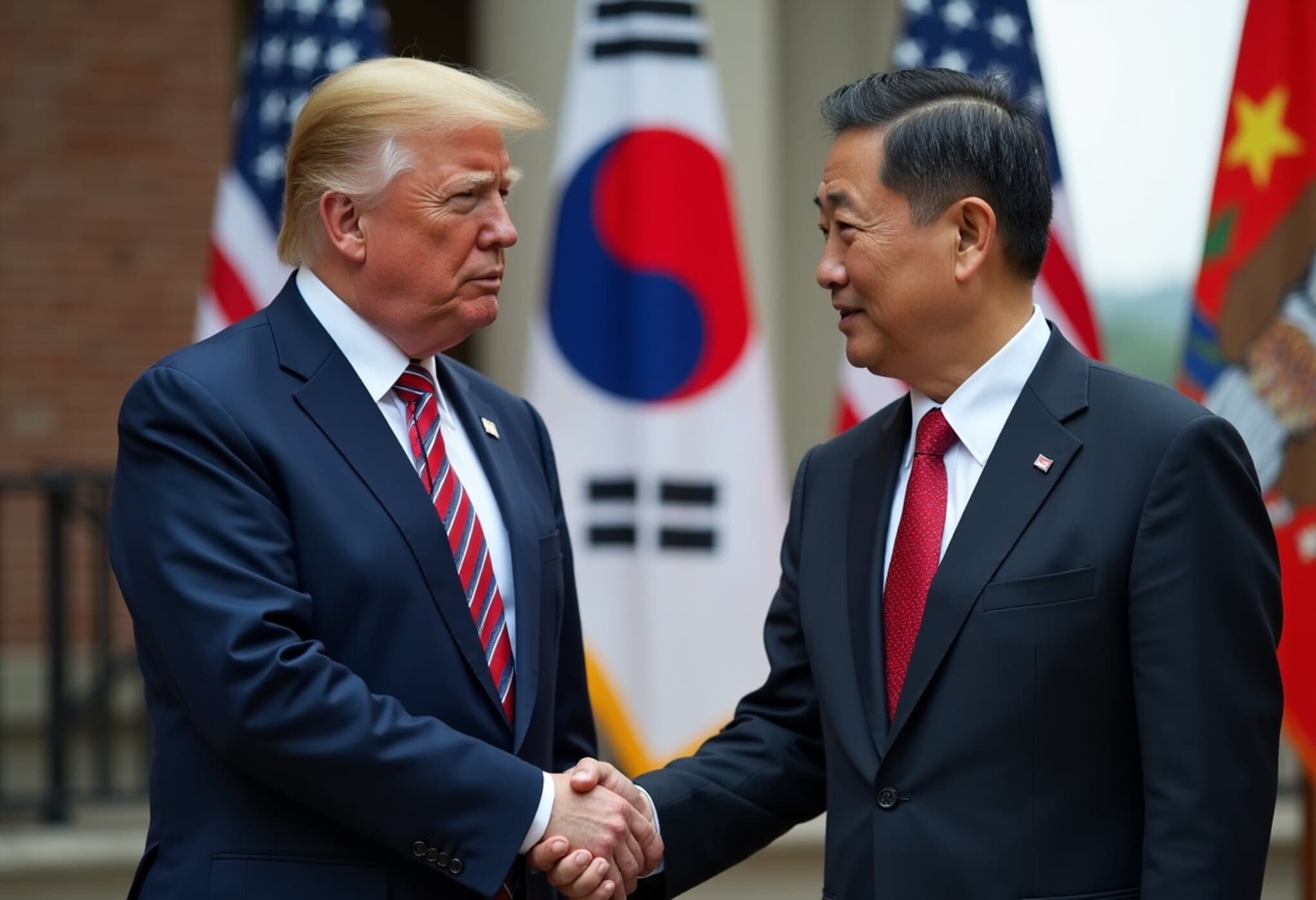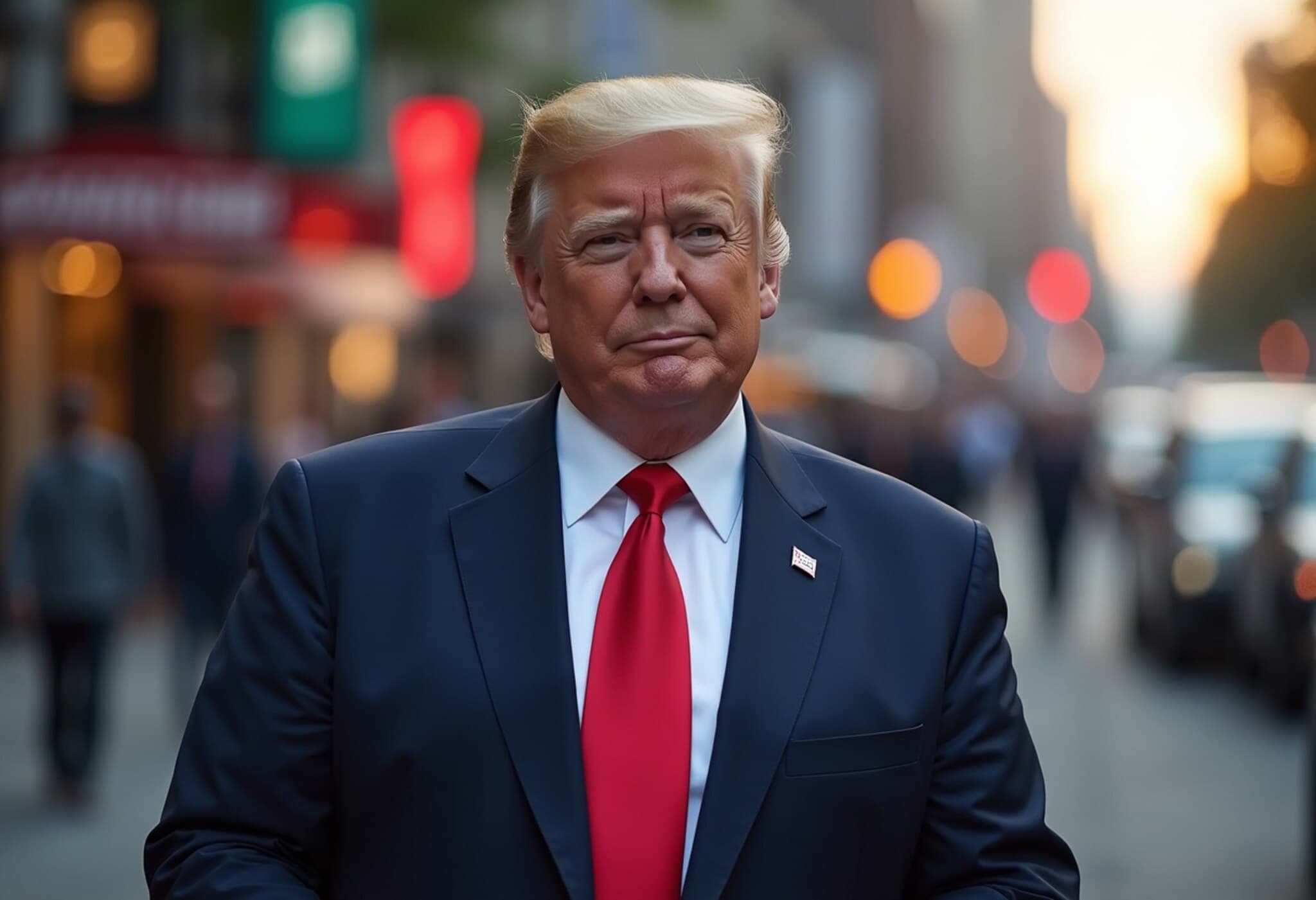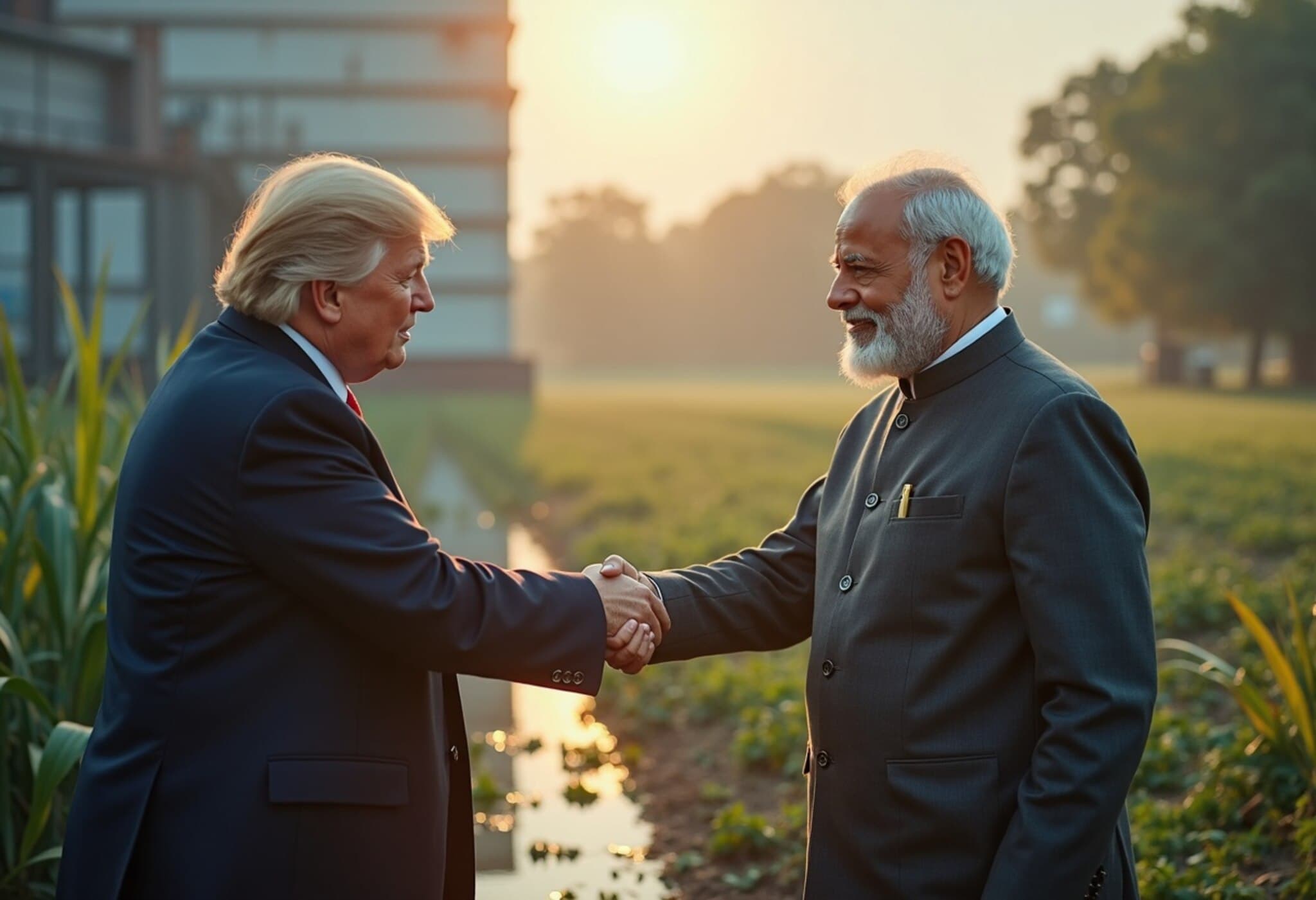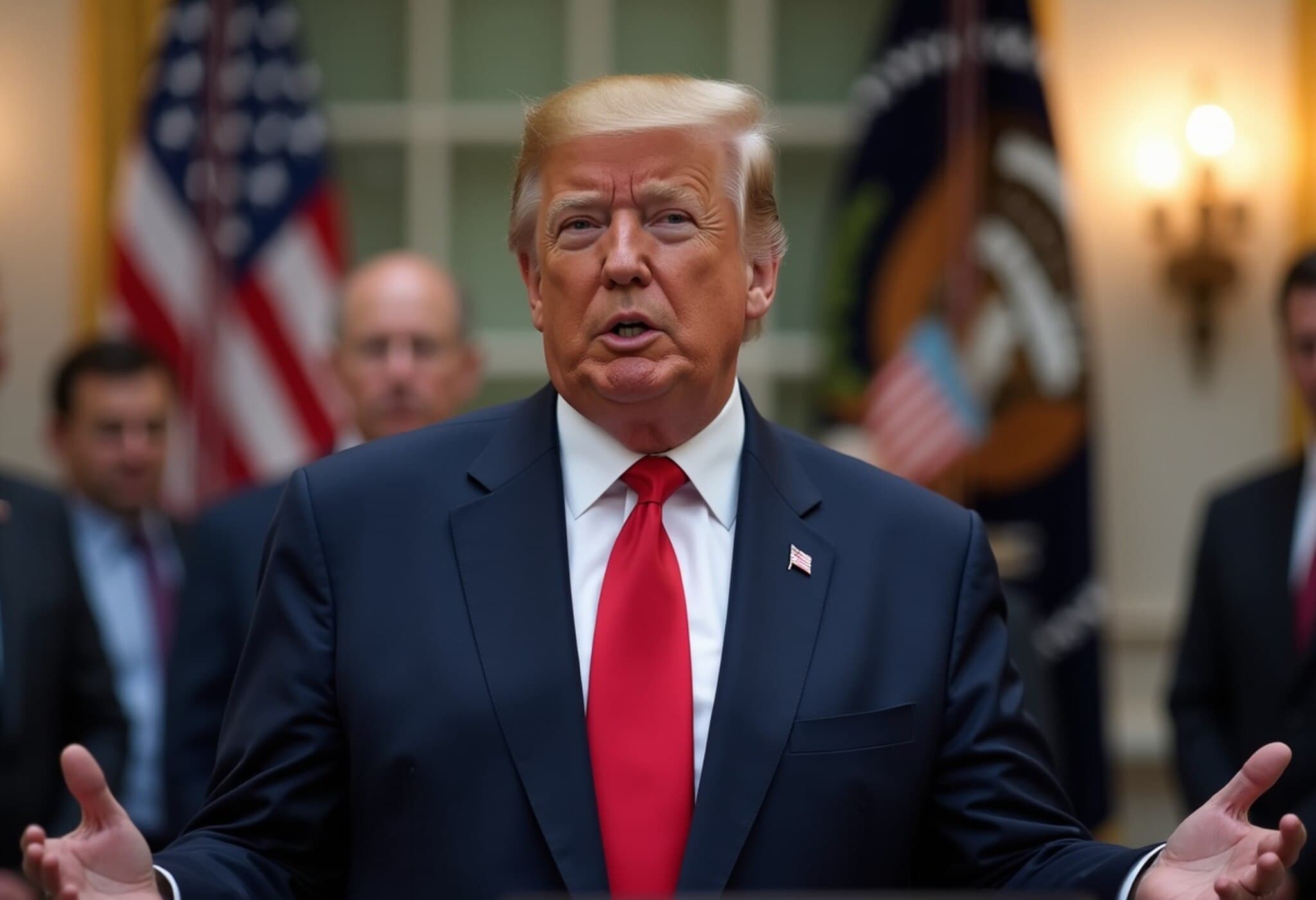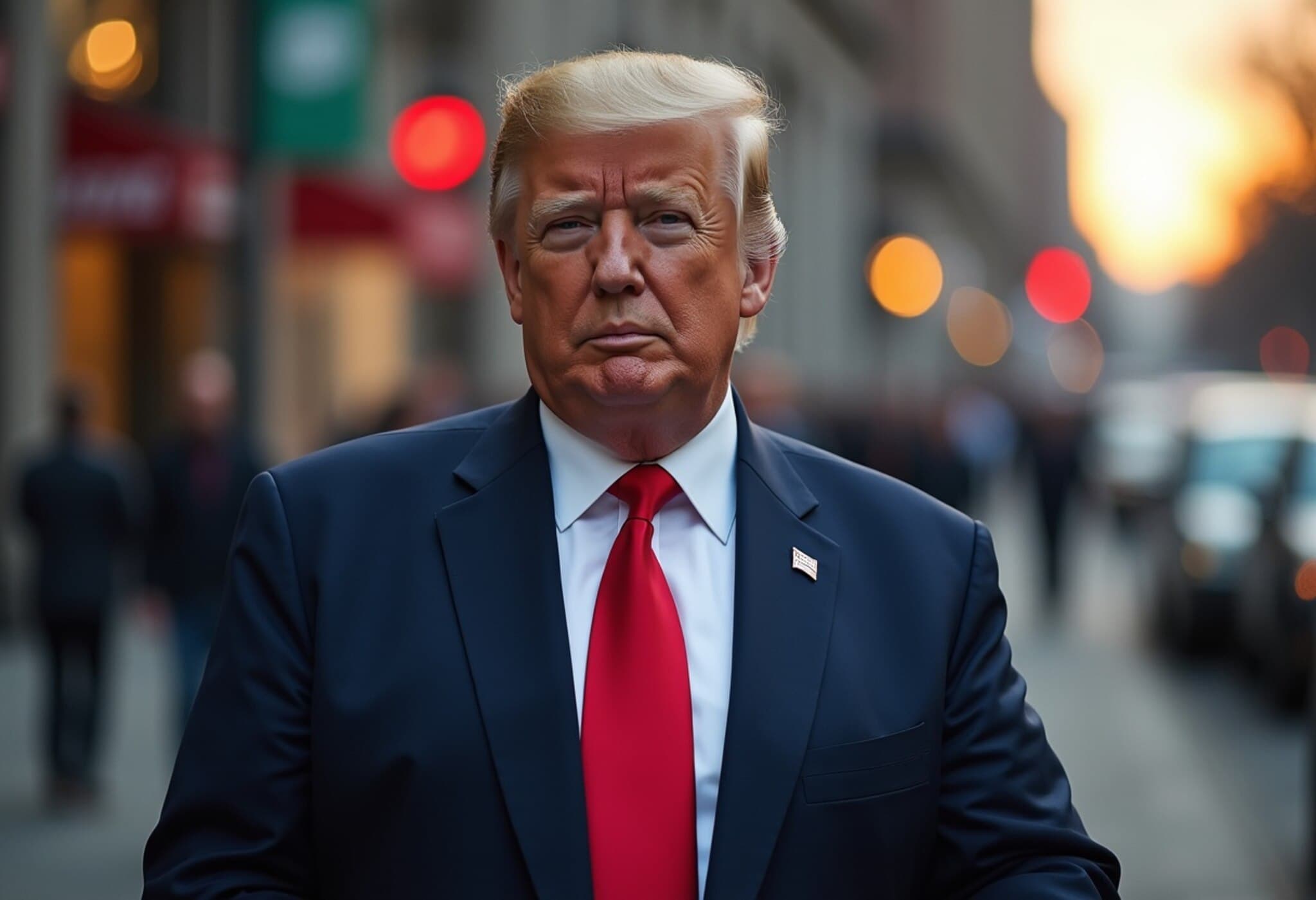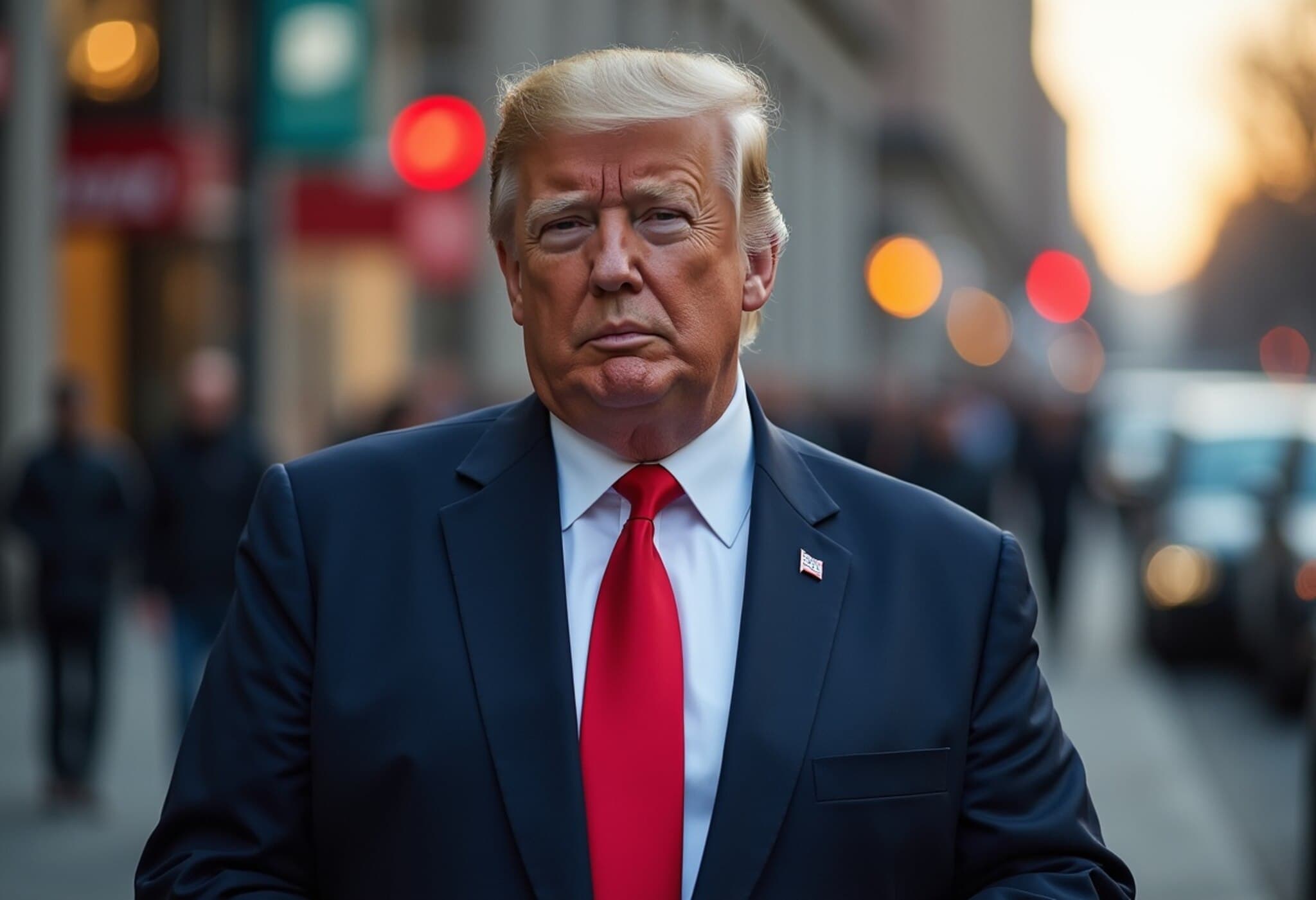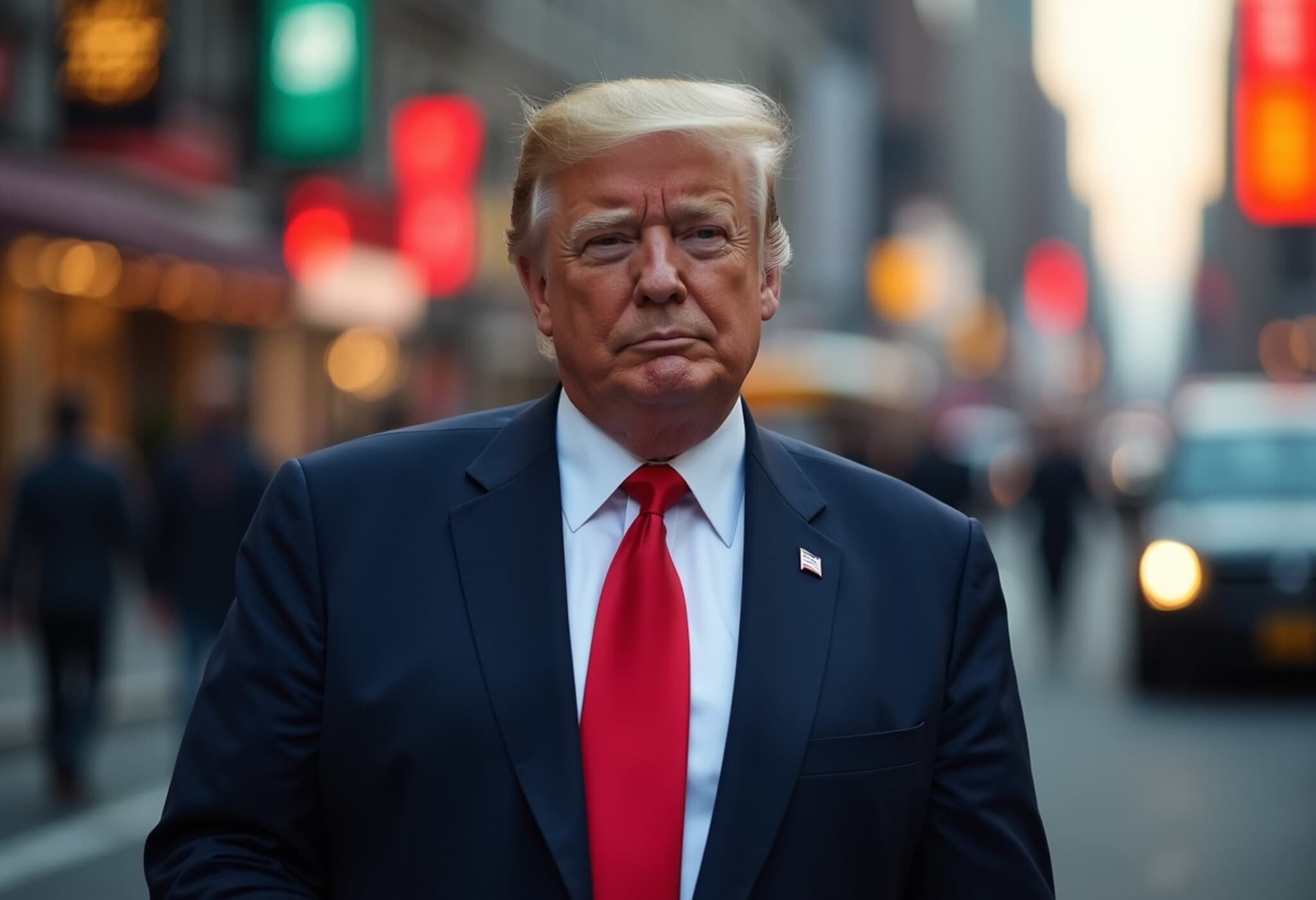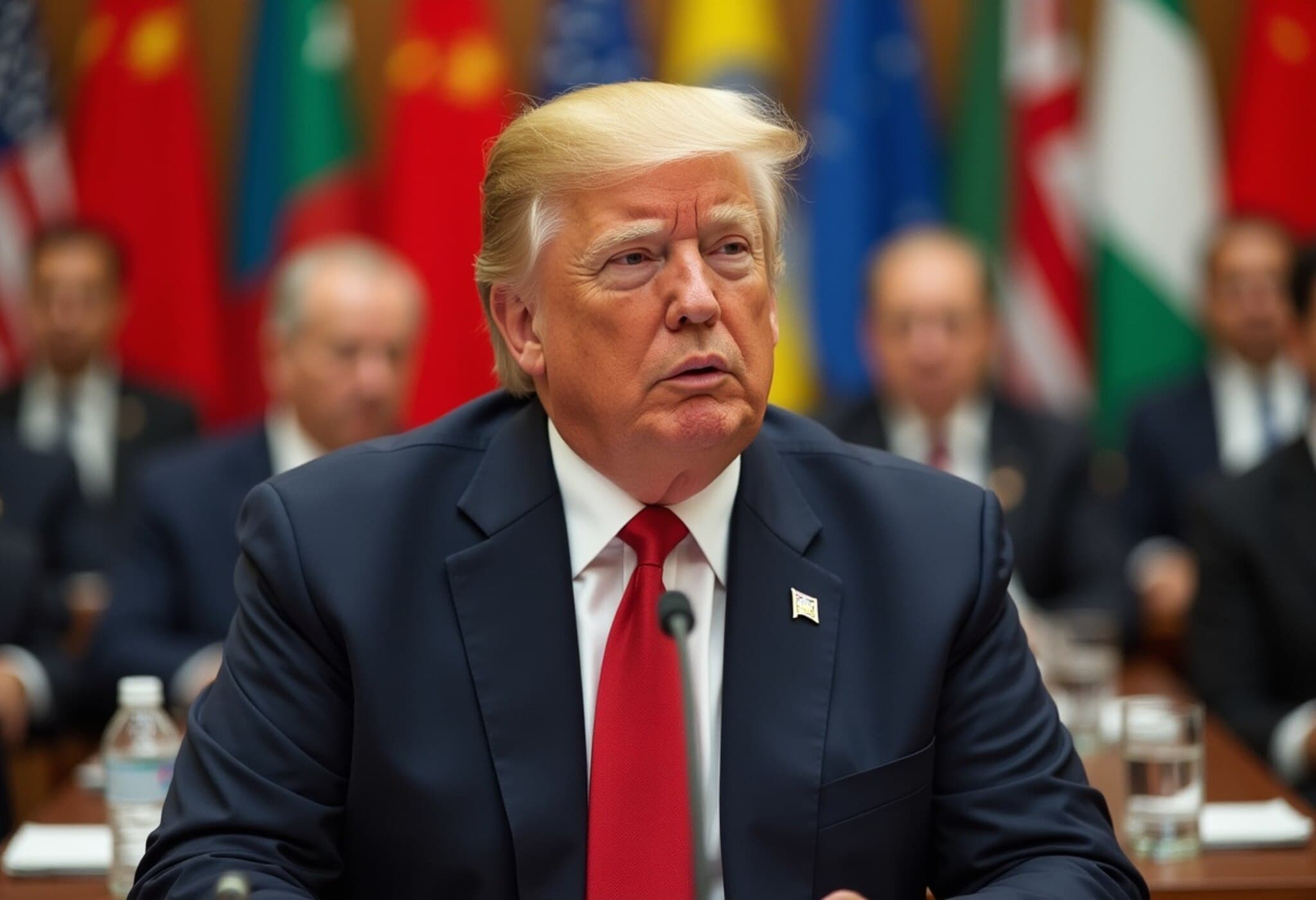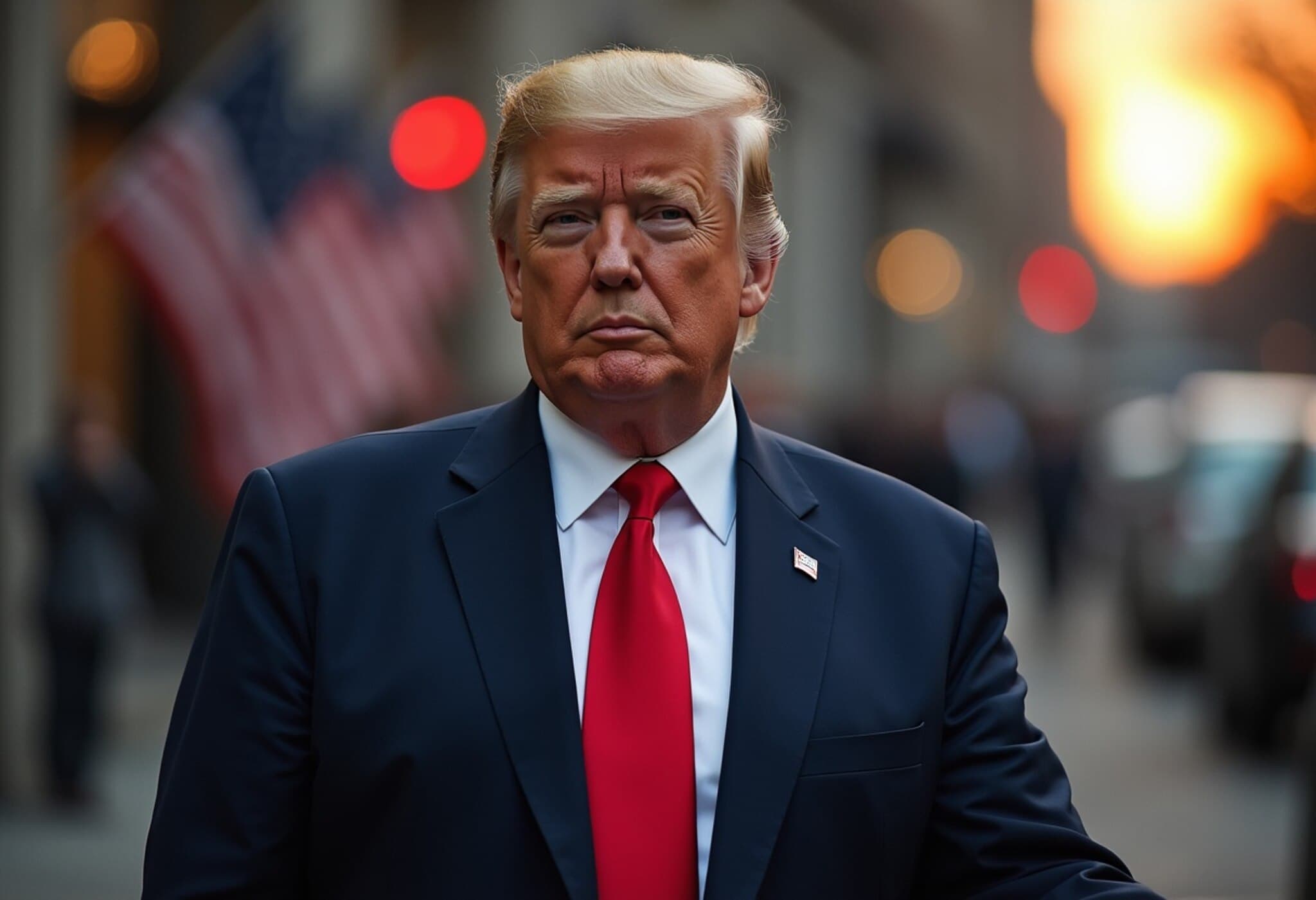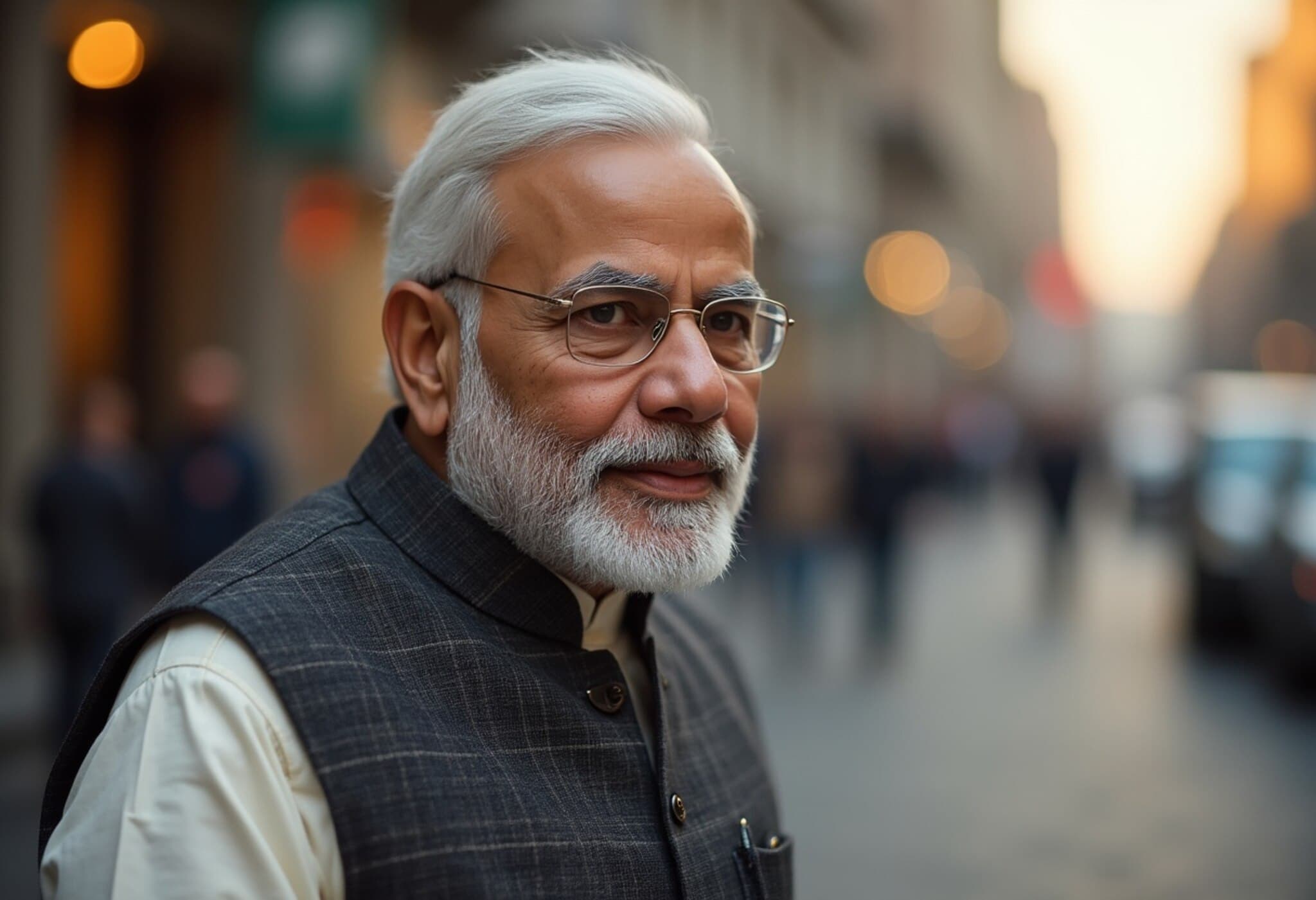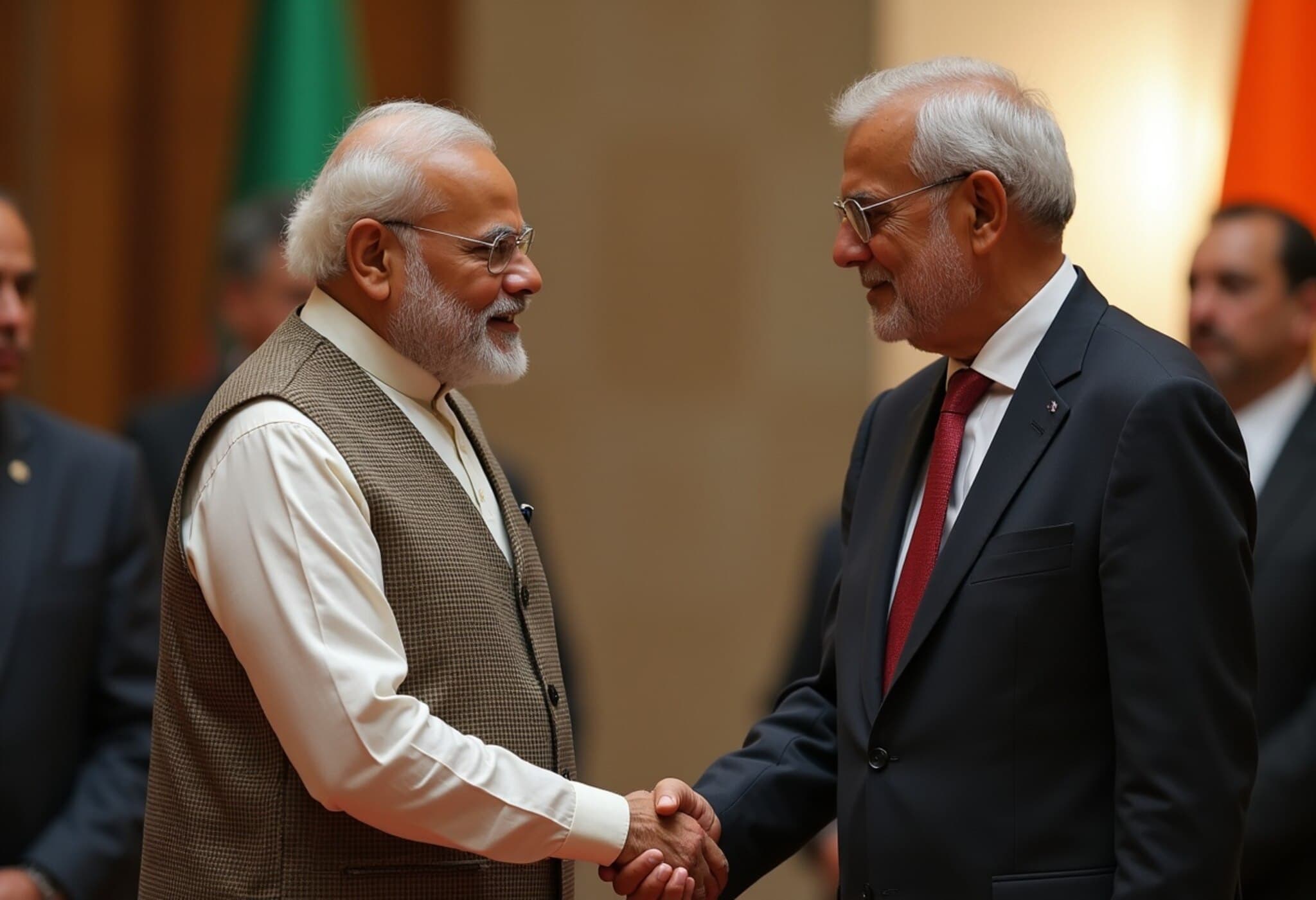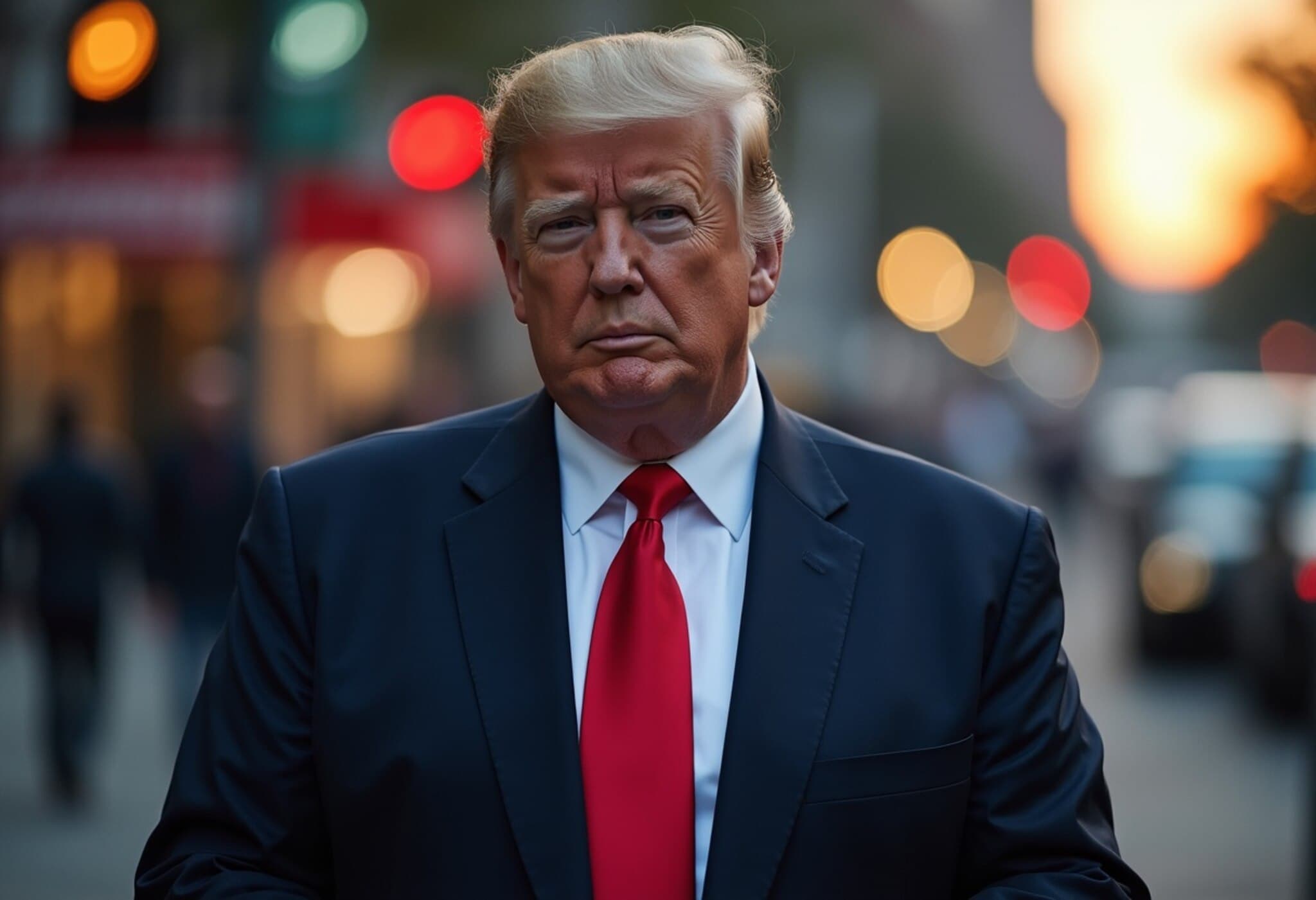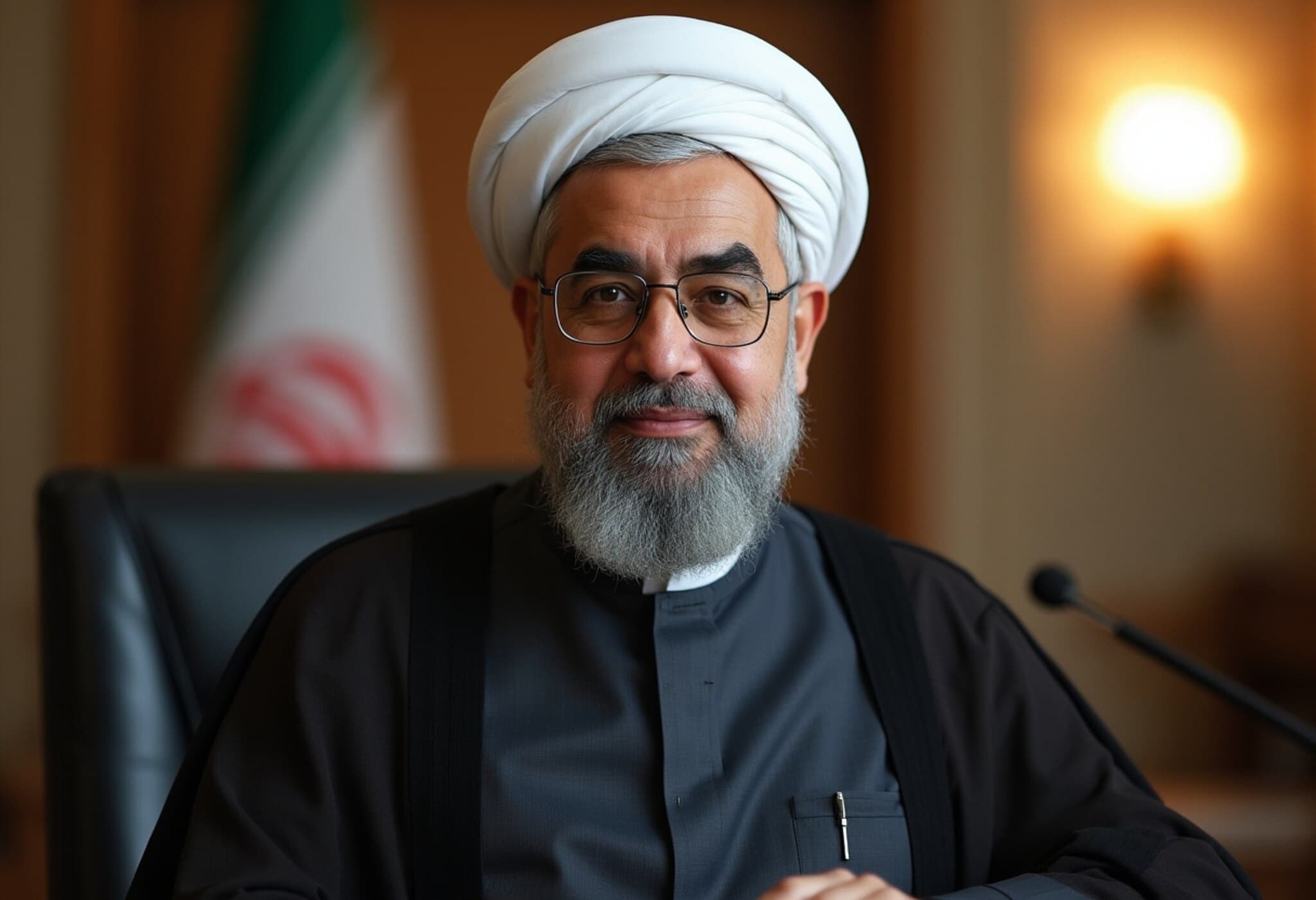US Announces 30% Tariffs on EU and Mexican Imports, Sparking International Backlash
In a bold move that has sent ripples through global markets, US President Donald Trump announced on July 12, 2025, a sweeping 30% tariff on a wide range of goods imported from the European Union and Mexico, effective August 1, 2025. The announcement, made via letters shared on his social media platform, has ignited widespread concern and criticism from political leaders, industry experts, and economists across both sides of the Atlantic.
European Leaders Respond: Unity and Resolve Amid Rising Trade Tensions
European Council President Antonio Costa emphasized the EU’s unwavering stance in defending its economic interests. "The European Union remains firm, united, and ready to protect its interests," Costa stated, underscoring the detrimental impact of tariffs on global economic growth. He warned that tariffs essentially function as taxes that fuel uncertainty and undermine trade partnerships worldwide.
Similarly, European Commission President Ursula von der Leyen criticized the tariffs as a threat to businesses, consumers, and intricate supply chains. She reaffirmed the EU’s preference for negotiated solutions, expressing readiness to continue dialogue until the August 1 deadline. However, she also pledged that the EU would respond decisively with proportionate countermeasures if necessary, highlighting the escalating stakes involved.
Industry Impact: German Auto Sector Warns of Mounting Costs
The German automotive industry association (VDA) described Trump’s tariff announcement as adding significant financial strain on companies already grappling with an existing 27.5% tariff on car imports to the US. VDA President Hildegard Müller revealed, "Our companies are incurring billions in extra costs, worsening daily as the trade tensions escalate." She called for immediate EU-US dialogue to mitigate damage that threatens jobs and transatlantic trade.
Further insights come from Wolfgang Niedermark of the German industry group BDI who called the US tariff escalation an "alarm signal" for international commerce, noting that tariffs as political pressure tactics jeopardize jobs and competitiveness worldwide.
Political Reactions: Calls for Unity and De-escalation
- Dutch Prime Minister Dick Schoof criticized the tariffs as "concerning and not the way forward," urging EU solidarity in pursuing mutually beneficial outcomes.
- Italian Prime Minister Giorgia Meloni highlighted the importance of avoiding internecine trade conflicts during a fragile global economic scenario, advocating for goodwill and fairness.
- Irish Foreign Minister Simon Harris stressed the need to resist escalation, emphasizing that the EU remains united in ongoing negotiations.
- US Senator Amy Klobuchar, voicing domestic concerns, described the tariffs as an "over $2,000 annual tax on every American family," warning that higher consumer costs harm US households more than help.
Economic Expert Analysis: Risks of Trade Destruction and Inflationary Pressures
Economists have voiced serious alarms about the broader economic fallout from the tariffs. Dan O’Brien from the Institute of International and European Affairs cautioned that a 30% tariff imbalance could "trigger significant trade destruction and provoke retaliation, risking a trade war of wider economic consequence." He urged swift diplomatic engagement to deescalate risks.
Cyrus de la Rubia, Chief Economist at Hamburg Commercial Bank, pointed out the delayed but severe macroeconomic repercussions, including higher inflation, raised interest rates, and slower economic growth. He advised the EU to adopt a firm but strategic negotiating posture, highlighting the long-term stakes.
Contextualizing the Trade Dispute: Implications for Global Economy and Policy
This tariff escalation symbolizes the increasing use of aggressive trade measures as geopolitical tools within international commerce — a trend with significant repercussions for interconnected supply chains, consumer prices, and economic stability worldwide. The US’s decision reflects a broader push towards protectionism, which experts warn could undermine decades of trade liberalization efforts.
From a US policy perspective, while tariffs aim to protect domestic industry and pressure trading partners, the approach risks alienating allies and instigating retaliation that jeopardizes American jobs and economic growth. Experts suggest policymakers may need to balance safeguarding strategic interests with fostering multilateral cooperation to sustain long-term prosperity.
Conclusion: Navigating a Complex Trade Landscape
The unfolding trade dispute between the US, EU, and Mexico underscores a pivotal moment for global trade diplomacy. As stakeholders grapple with competing economic priorities amid political pressures, the coming weeks will be critical in determining whether dialogue prevails over escalation. Navigating these challenges with strategic empathy, negotiation prowess, and respect for global economic interdependence is paramount.

